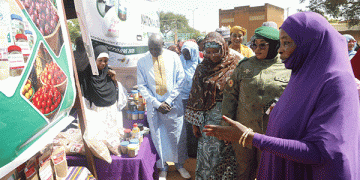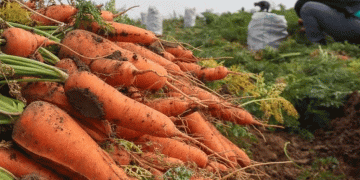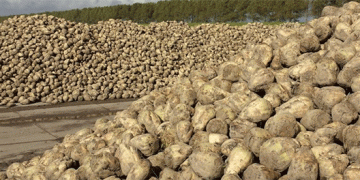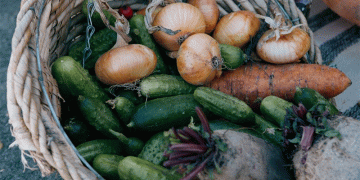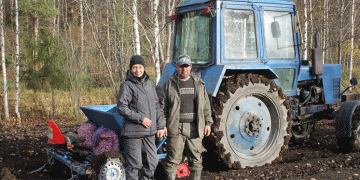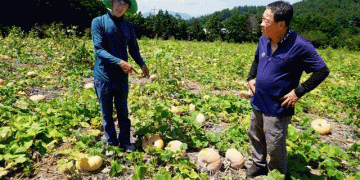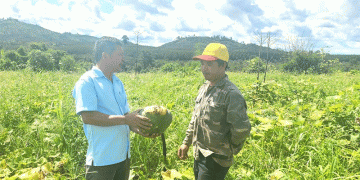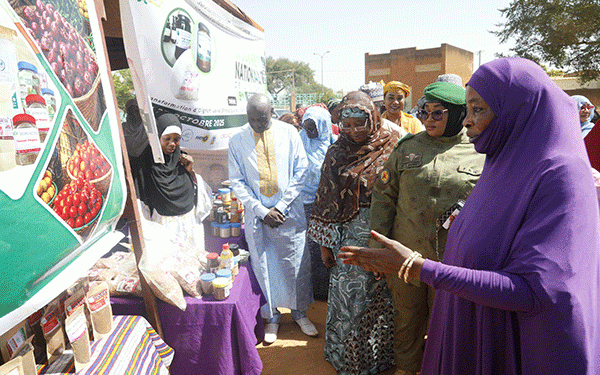At the recent 5th National Onion Day in Niger, a stark contrast defined the narrative: the nation produces a staggering 1.4 million tonnes of onions annually, generating an estimated 100 billion CFA francs in revenue and securing its position as a regional agricultural powerhouse. Yet, this success is profoundly fragile. As highlighted by government officials, the sector is plagued by post-harvest losses that can reach up to 60% between harvest and consumption. This level of waste is not just an economic drain; it represents a massive lost opportunity for a country where agriculture employs over 85% of the workforce but utilizes only a fraction of its arable land, constrained by challenges in collective water management and irrigation maintenance.
In response to this crisis, a strategic movement is being led by women. The Federation of Unions of Women for the Onion Sector (FUFFON-NYALANTA) is championing onion processing as a “strategic lever for sustainable economic development.” Through exhibitions and fairs, these women showcase transformed onion products, directly addressing the loss problem by creating stable, value-added goods. However, as the Federation’s president noted, their efforts are hampered by rudimentary processing equipment. This challenge is a common bottleneck in developing agricultural economies. According to the Food and Agriculture Organization (FAO), investing in post-harvest technologies is one of the most effective ways to enhance food security and increase farmers’ incomes in sub-Saharan Africa. The initiative in Niger is a real-world example of this principle, demonstrating that the path to a more resilient onion sector lies not only in increasing yields but in radically improving the efficiency of the supply chain from harvest to market.
The story of Niger’s onion sector is a powerful lesson in agricultural economics. It demonstrates that production volume alone is not synonymous with prosperity. The future profitability and stability of the sector depend critically on bridging the gap between field and consumer. By supporting the efforts of organizations like FUFFON-NYALANTA with targeted investments in modern processing, drying, and storage technologies, Niger can convert its massive post-harvest losses into a new stream of economic value, empowering women and building a more durable agricultural foundation for the nation.
